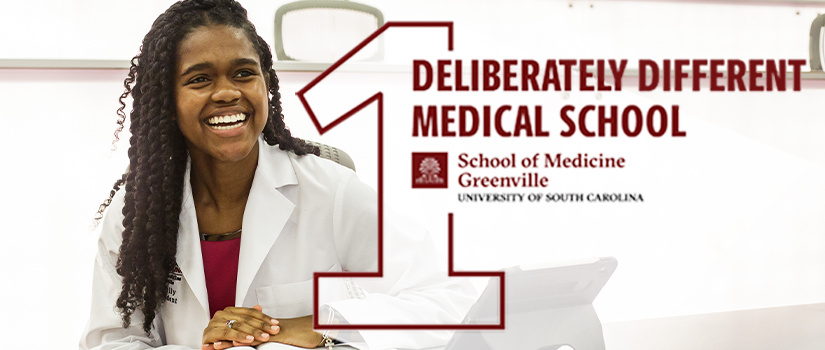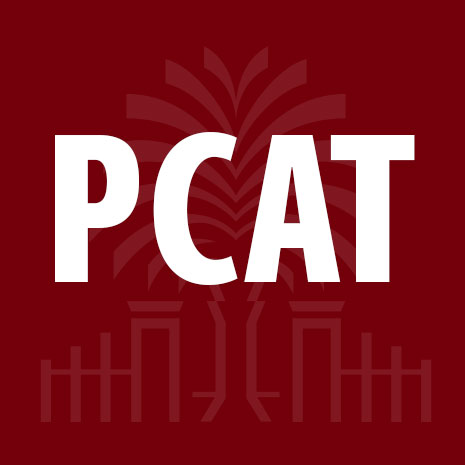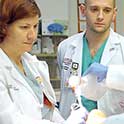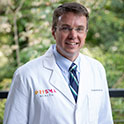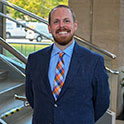Medical Education
We launched our Curricular Refresh in the Fall of 2023! This integrated systems-based
curriculum allows students to learn the basics in foundational sciences, followed
by immersion in all the systems of the human body. Of course, we maintained our first-year
EMT training and service and four-year integrated lifestyle medicine curriculum. Students
have the opportunity to enter clerkships as early as March of the second year.
Make Your Medical Education Deliberately Different
Our Faculty
Frank Beacham, MD
Director of Primary Care Accelerated Track (PCAT)
Adwoa Adu, MD
Associate PCAT Director
Page Bridges, MD
IPM M1/M2 Director
Matt Stull, MD, FACEP
IPM M3/M4 Director
Clerkship and Post-Clerkship Directors
Cranston Gray , Clerkship and Post-Clerkship Director, AnesthesiologyZac Kahler , Clerkship Director, Emergency MedicineSarah Farris , Post-Clerkship Director, Emergency MedicineBrittany Farrow , Clerkship Director, Family MedicineJoy Shen-Wagner , Post-Clerkship Director, Family MedicineFrancesco Laterza , Clerkship Director, MedicineShannon Burgess , Post-Clerkship Director, MedicineVenka Verrappan , Clerkship and Post-Clerkship Director, NeurologyChristy Lee , Clerkship Director, OBGYNAllie Jackson , Post-Clerkship Director, OBGYNMike Sridhar , Clerkship and Post-Clerkship Director, OrthopedicsJosh Brownlee , Clerkship Director, PediatricsEaster Pennington , Post-Clerkship Director, PediatricsBen Griffith , Clerkship and Post-Clerkship Director, PsychiatryRaj Shah , Clerkship and Post-Clerkship Director, RadiologyRobert Gates , Clerkship and Post-Clerkship Director, Surgery
Applying to medical school is a big decision and we can help you navigate the process.
Learn how to apply .
Medical Education
The USC School of Medicine Greenville is the first U.S. medical school to fully incorporate
education in nutrition, physical activity, behavior change and self-care into all
four years of the medical school curriculum.
Learn more about Lifestyle Medicine

